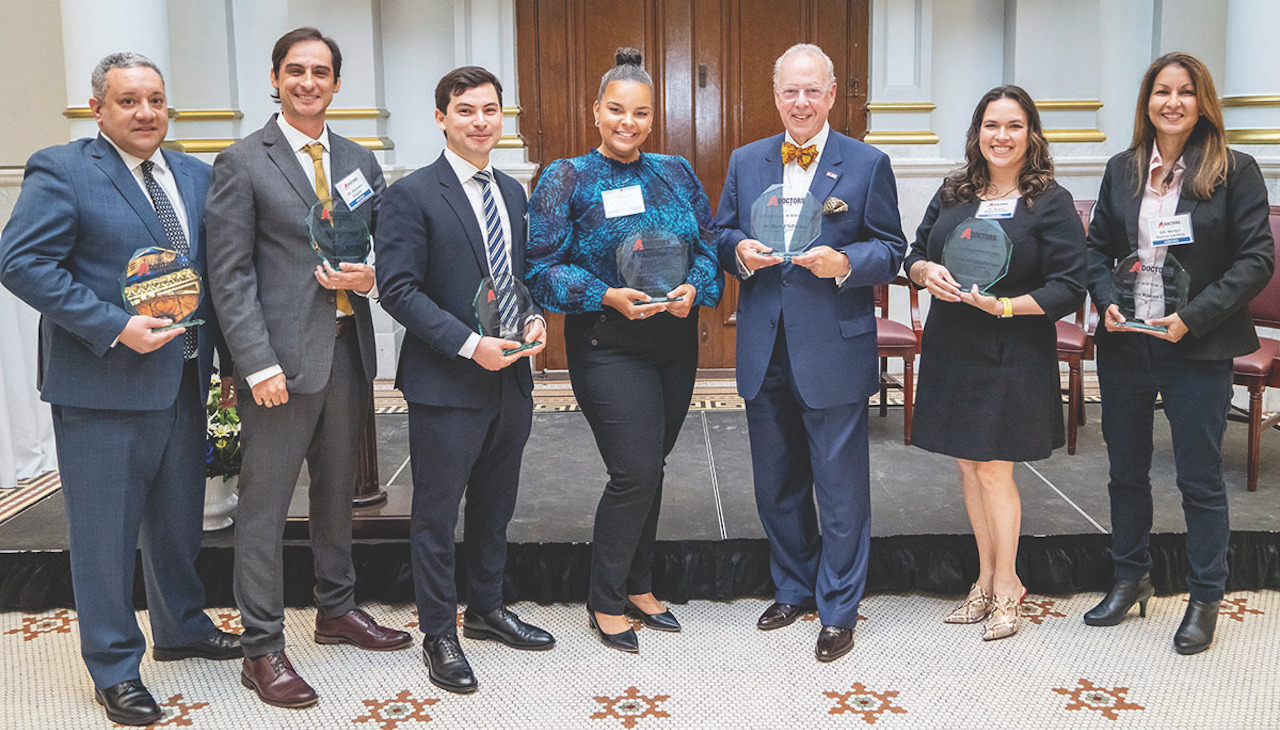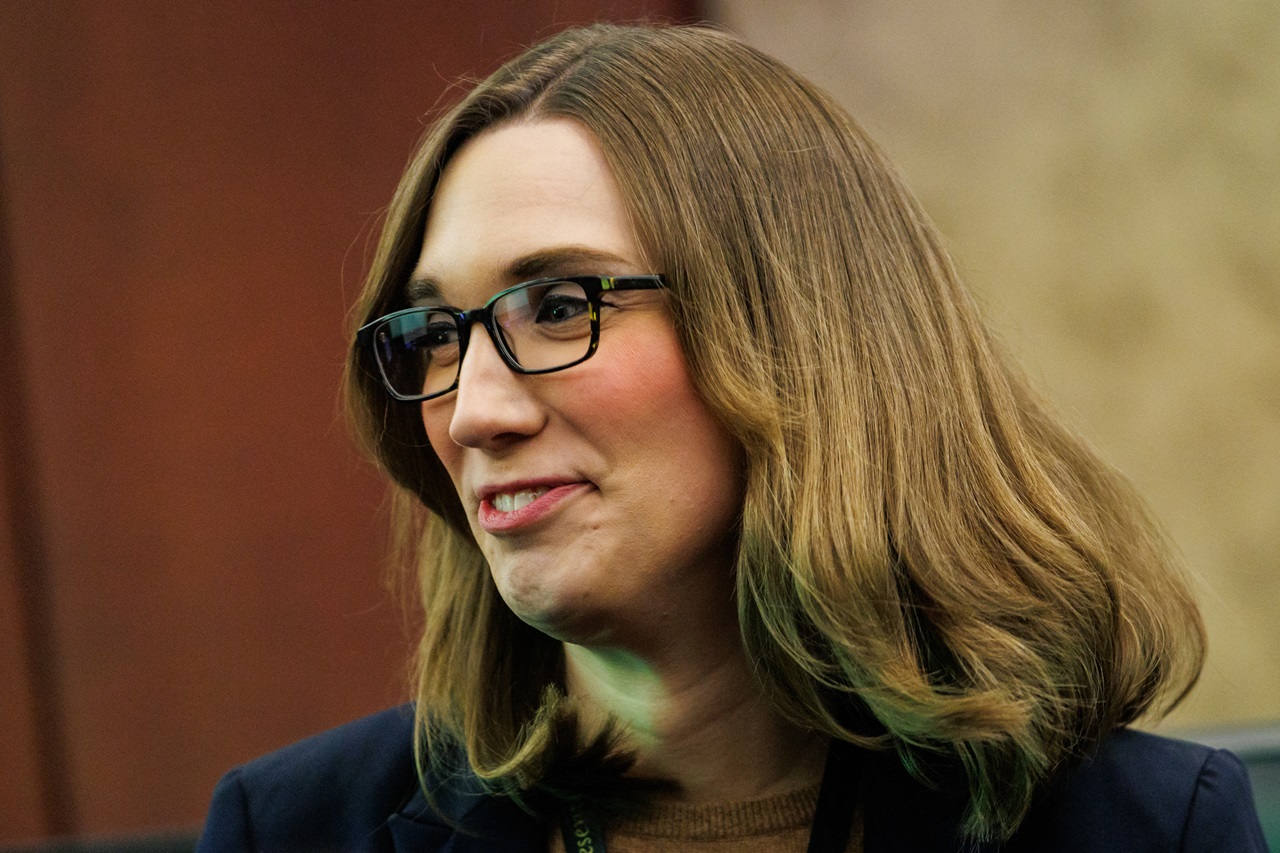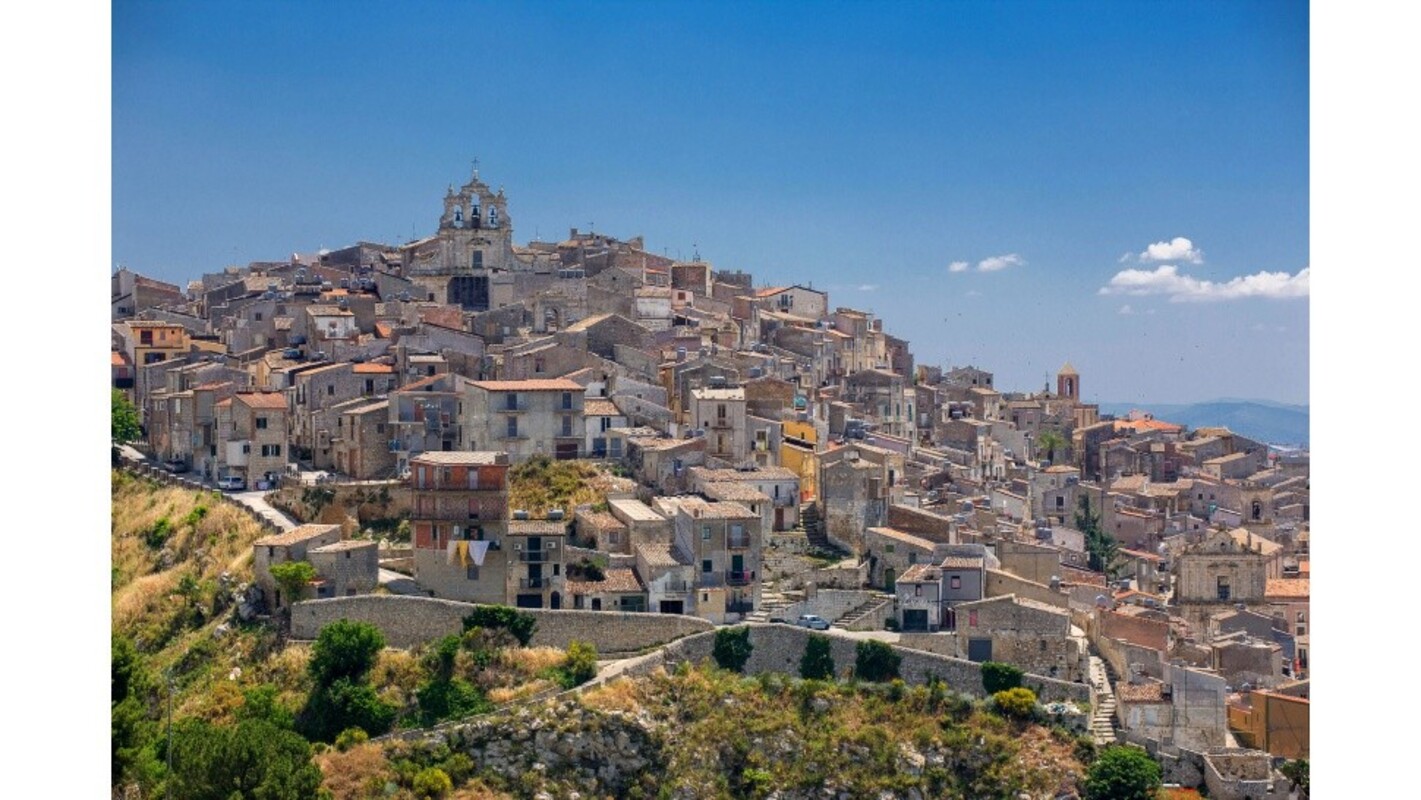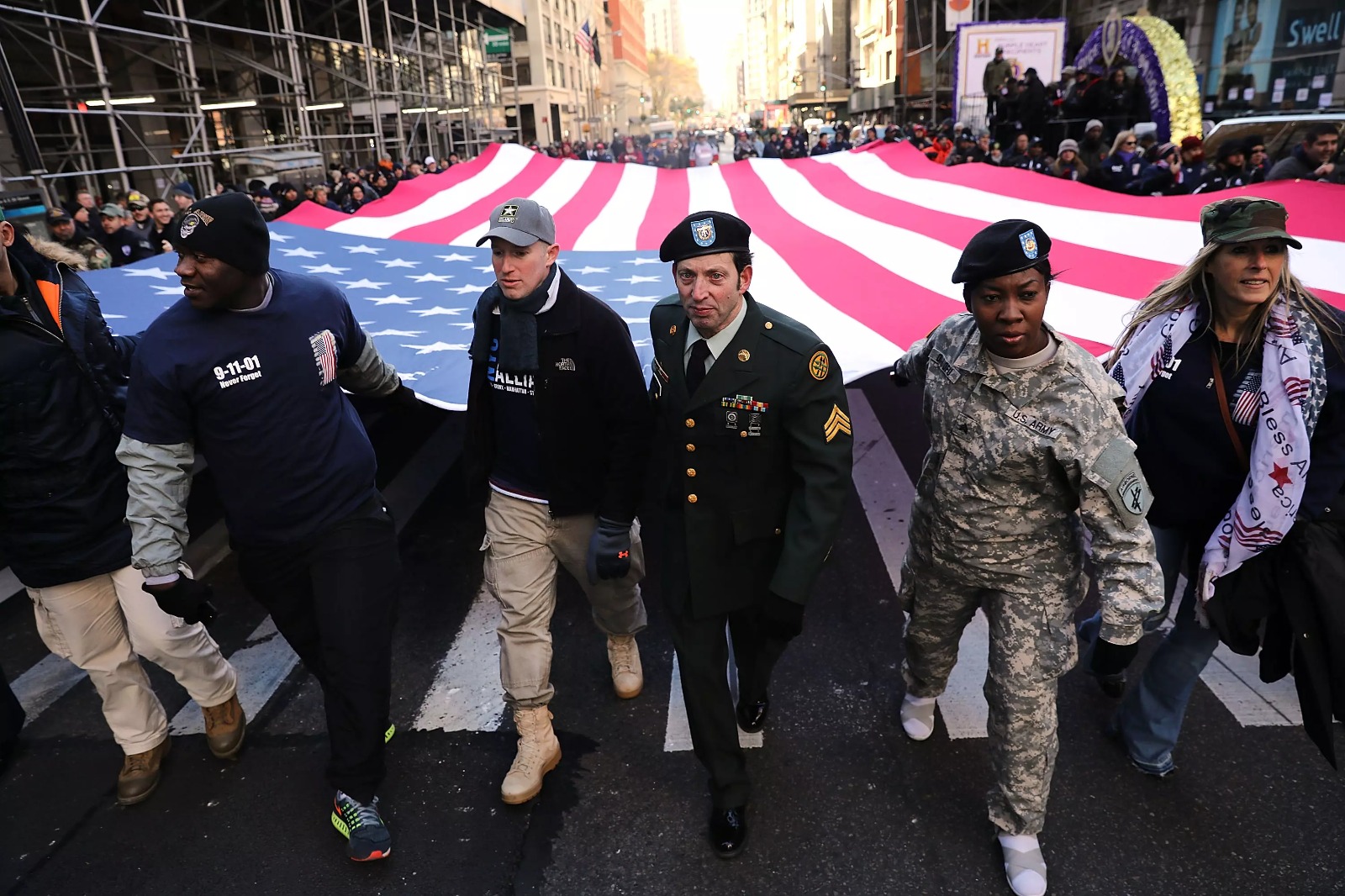
AL DÍA Top Doctors 2023: A recap
AL DÍA’s annual Top Doctors ceremony always has representation at its core. As advisory board chair Dr. Johanna Vidal-Phelan said in her introductory remarks at the 2023 AL DÍA Top Doctors ceremony on June 12, she always struggled to see herself as a Latina physician on other lists of ‘best doctors’ or at other ceremonies honoring merit in health.
“For years, I never saw myself represented, or even welcomed,” Vidal-Phelan said.
It’s why, she went on, that AL DÍA Top Doctors exists as a celebration in the ecosystem of award ceremonies for work in health. Vidal-Phelan was reminded of that importance over this past weekend, as she revisited New York’s annual Puerto Rican Day Parade.
Her first time at the parade was back as a 19-year-old, and the feelings it evoked then were all the same as this past weekend.
“We matter,” said Vidal-Phelan. “Our culture, our heritage, matters.”
“Life-changing” power
That was part of her message to the audience on June 12, and with that recognition also came encouragement. It was offered to all in the room — health professionals and aspiring ones alike — but the latter were the main focus.
“You are not alone. Si se puede,” she said. “Events like these are great opportunities to begin mentor-mentee relationships.”
Dr. Carmen Guerra, who was in attendance speaking on behalf of AL DÍA Top Doctors principal sponsor Penn Medicine, echoed those words when telling her own story. Originally from Honduras, Guerra pinned the success she found upon pursuing medicine to the mentors she found along the way.
Not only did she advise the younger generation in the room to find mentors, but also told them to become mentors themselves when the time came.
“The power of mentorship is a life-changing force,” she said.
After Guerra’s speech, Vidal-Phelan returned to the stage to moderate a panel discussion with some of the student leaders in attendance. All were at different stages of their journeys into medical careers, and included Emerging Leader award winner Jordan Juarez, Anthony Castro, Michelle Oriana Gomez-Guevara, and Tomas Prudencio.
Navigating the white coat
The discussion was titled “Navigating the White Coat Journey: Hispanic Medical Students Defying the Odds,” and it touched on everything from each students’ journey to Philadelphia, their experiences in medical school, and advice for faculty and students alike.
Much like was stressed previously by Vidal-Phelan, representation is also vital for students on their journeys through medical school, and seeing and meeting others like them often gives them the boost to keep going.
“Finding our community is instrumental,” Juarez said.
More advice from the pros
In his own experience, Juarez found that community through the Latino Medical Students Association, of which he is now the co-director at the national level. Castro is also a member of the organization, as are Gomez-Guevara and Prudencio. All also gave credit to Temple for creating the space for their cultures to be shared, which went a long way in helping them feel a part of the medical and larger Philadelphia community.
Beyond the panel, the honorees — all medical professionals that have carved their own paths in medicine — also catered part of their speeches to give advice.
Dr. Arleen Ayala-Crespo spoke of her love of her patients and re-emphasized the importance of finding a mentor “who will encourage you.”
“Find somebody that will see the best in you,” she said.
Dr. Alejandro Delgado-Daza started his speech with a quip about medical school: “Don’t worry, it gets worse and then it gets better,” before reassuring that there’s a lot of “fortune” in medicine. That’s beyond the paycheck, and includes the empowering work that’s done on a daily basis.
Delgado-Daza also spoke of the advantage of knowing Spanish in a medical environment — something that will only continue to become more of an asset as the Hispanic and Latino population continues to grow in the U.S.
Dr. Enrique Hernandez, who was shouted out twice as a mentor by fellow honorees, also spoke of the power of his Spanish in a recorded acceptance speech.
CONTENIDO RELACIONADO
“It is most satisfying seeing a patient smile after speaking Spanish,” he said of the non-English Hispanic or Latino patients he’s come to know.
Hernandez, true to the mentor figure he was for many other honorees, also had a message for them: to grow the number of Latinos in the health field.
“Make it our mission,” he said.
Dr. Marlyn Ramos Laboy spoke of her own medical school and career experience, which didn’t involve a mentor. It meant she had to learn everything the hard way.
Instead, she powered through with her own belief.
“Your medical career is an exercise in self motivation,” she said.
Dr. Jimmy Ruiz shouted our Hernandez, who was his mentor as one of the few Latino OBGYNs of his time, and offered commendations to the rest of the honorees for their continued DE&I efforts in the medical field.
Dr. Vilmaris Quiñones-Cardona told the audience of doctors and future doctors of her experience “lending soul” and “giving heart” to patients — a quality she says Latino doctors carry in bunches — and told future doctors to “create your own door” in the event of a barrier.
Dr. Erik Forno was celebrated, but was not present.
When he accepted his own Emerging Leader award, Juarez thanked his mentors, the faculty members that have helped him along the way and also offered a bit of advice to his fellow medical students.
“Remember the joys of medicine, and why we do this,” Juarez said. “Ultimately, it’s to serve our community.”
A lifetime of advice to give
Dr. Daniel Schidlow was the night’s Lifetime Achievement honoree, and a large reason he remains at Drexel’s College of Medicine beyond his ongoing commitment to the university — especially at its Reading Branch campus — is the young people he gets to mentor.
Schidlow remarked how “encouraged and enthusiastic” he was about the future doctors in the room, and left them with a piece of advice he gives every Latino student he comes across.
“Don’t forget where you came from, ” he said.










DEJE UN COMENTARIO:
¡Únete a la discusión! Deja un comentario.